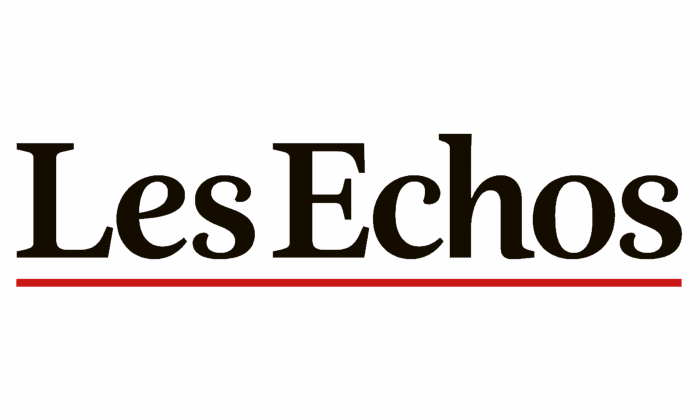
Today, the urgency of change in the management of public administrations is essential. For companies as well as for public administrations, without confusing the two, changes in the behaviour of employees and users or customers or technological revolutions often require deep transformations to survive and develop for some and to remain effective and legitimate for others. In a changing world, nothing is a given. And, without anticipation, crises lie in wait, which then force sudden, uncertain and socially painful ruptures.
We have to be constantly attentive to changes in the conditions in which we carry out our activity, regularly rethink the validity of our model, while maintaining a methodological doubt so as to never be caught up in our own certainties. At the same time, to avoid Brownian movements, it is essential to rely on a clear analysis of what is invariable in our activity. What it is fundamentally and how it is sustainably useful to people and the economy. Thus, clearly conceiving the very essence of our activity and simultaneously perceiving the changes linked to our mode of practice is a crucial key to forging a good strategy and reaching your goal in the best way possible, ensuring a calm transformation and not a brutal disruption.
But as necessary as this may be, to succeed, it also requires thoughtful and appropriately organised change management. We have to anticipate the reactions that employees, customers/users, and even the competition will manifest in response to the changes that we want to implement. To anticipate correctly is to allow ourselves to act correctly.
Consistency is also a fundamental key to success. It must be totally implemented in the strategy. Otherwise, there is a loss of meaning and with an inconsistent course and divergent directions given, we will go nowhere. But there is more. There must be constant alignment of the strategy, the means needed to achieve it and the incentive systems. When the means implemented are in line with a relevant strategy and the incentive system ensures that each person or team is inclined to direct their action towards the achievement of the proposed strategy, success is often the result.
Finally, it is necessary to have adequate change management and support. This means detecting and considering obstacles to change in advance, thanks to feedback from the teams themselves, especially because they are stakeholders in the change but also because they are in their field. Change cannot only be driven from above. It must be the result of ongoing dialogue between managers and managees. This process is demanding but necessary and fruitful.
Which logically leads to a well-conducted trial-and-error process. Change must have a clearly defined course. But, if it is necessarily a well-thought-out process, it must be flexible. Change should not be planned rigidly and stuck to no matter what. Very flexible and dynamic planning, with a clear route, integrating the encountered realities, in a back and forth between the conceptualisation of the process followed and the reality that is revealed as it is deployed, allows one to achieve one’s objective with much more certainty.
Life is change, a permanent evolution. Just like companies and administrations and their environment. We must therefore think about and lead the essential changes, before being forced to do so by the otherwise inevitable crises. Companies are born and die when they have not been able to adapt. Public administrations do not die by themselves, but they can experience such entropy that they become less and less efficient and more and more costly, and can even lose their legitimacy. This then leads to deficits and debts which, when facing the wall, can lead to a disruption that is always hazardous and painful.
Olivier Klein
Chief Executive Officer of Lazard Frères Banque
Professor of Economics at HEC